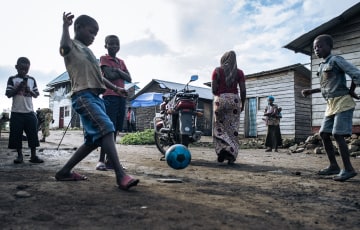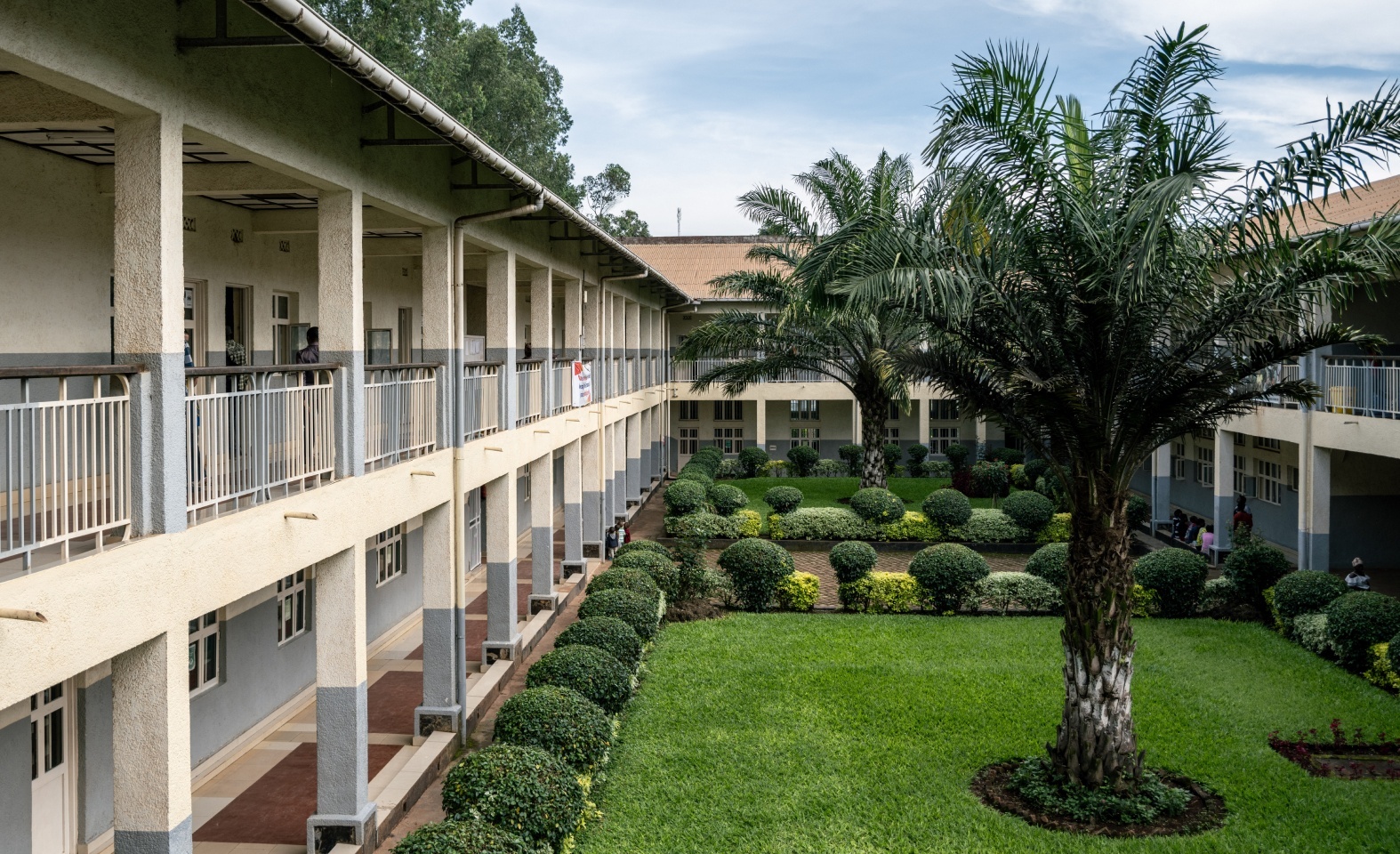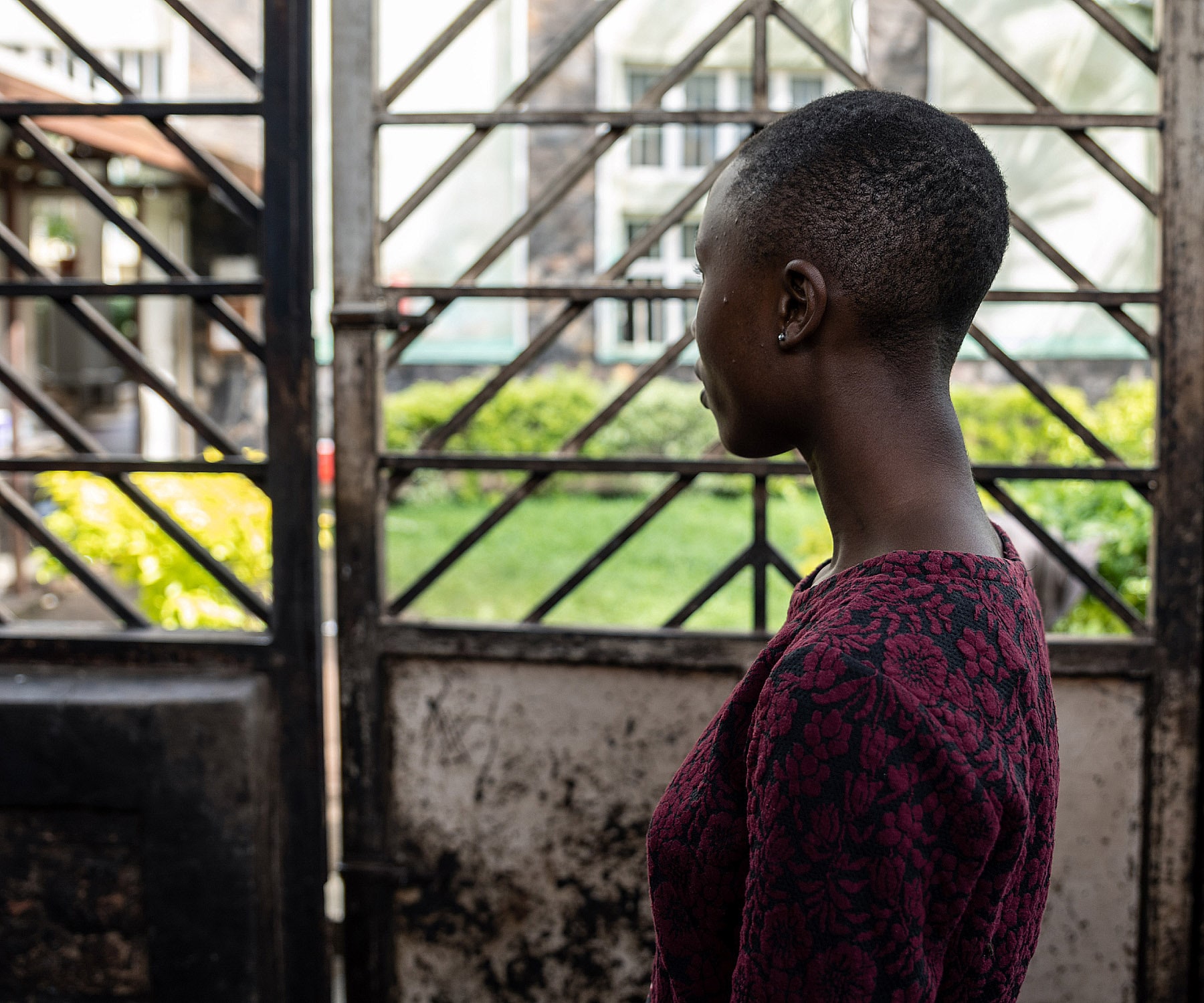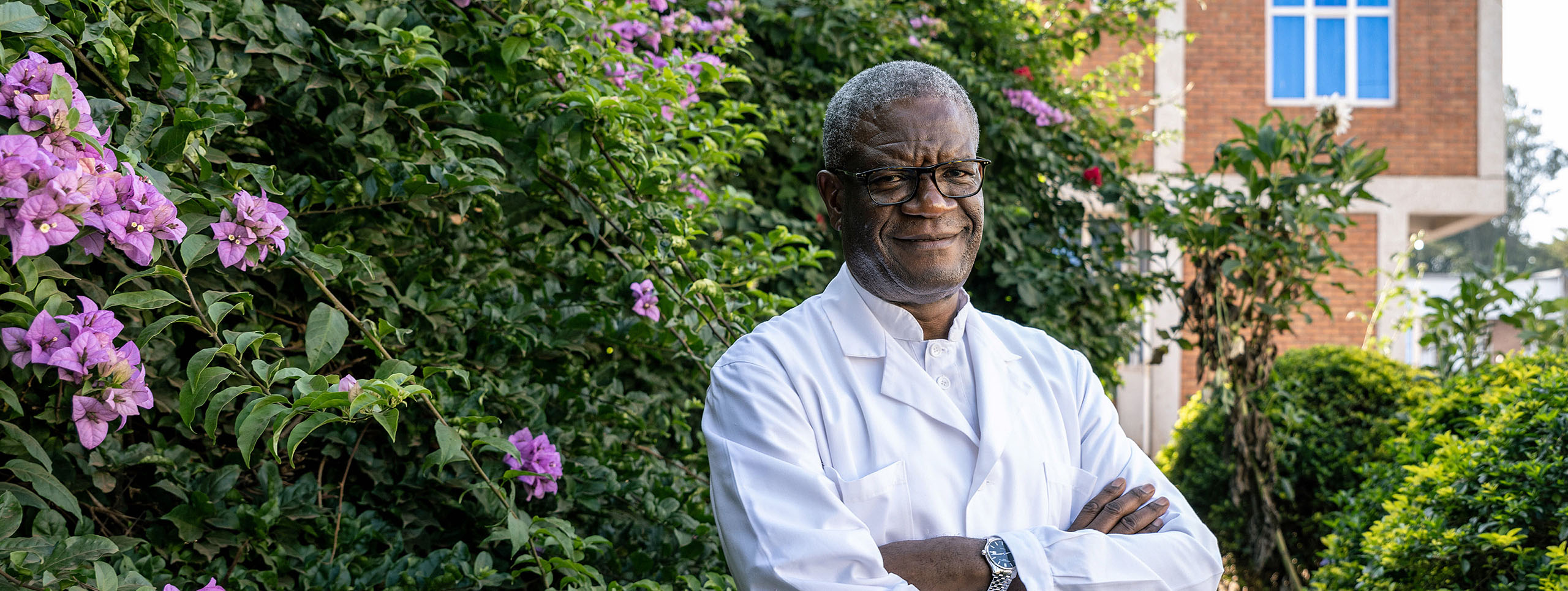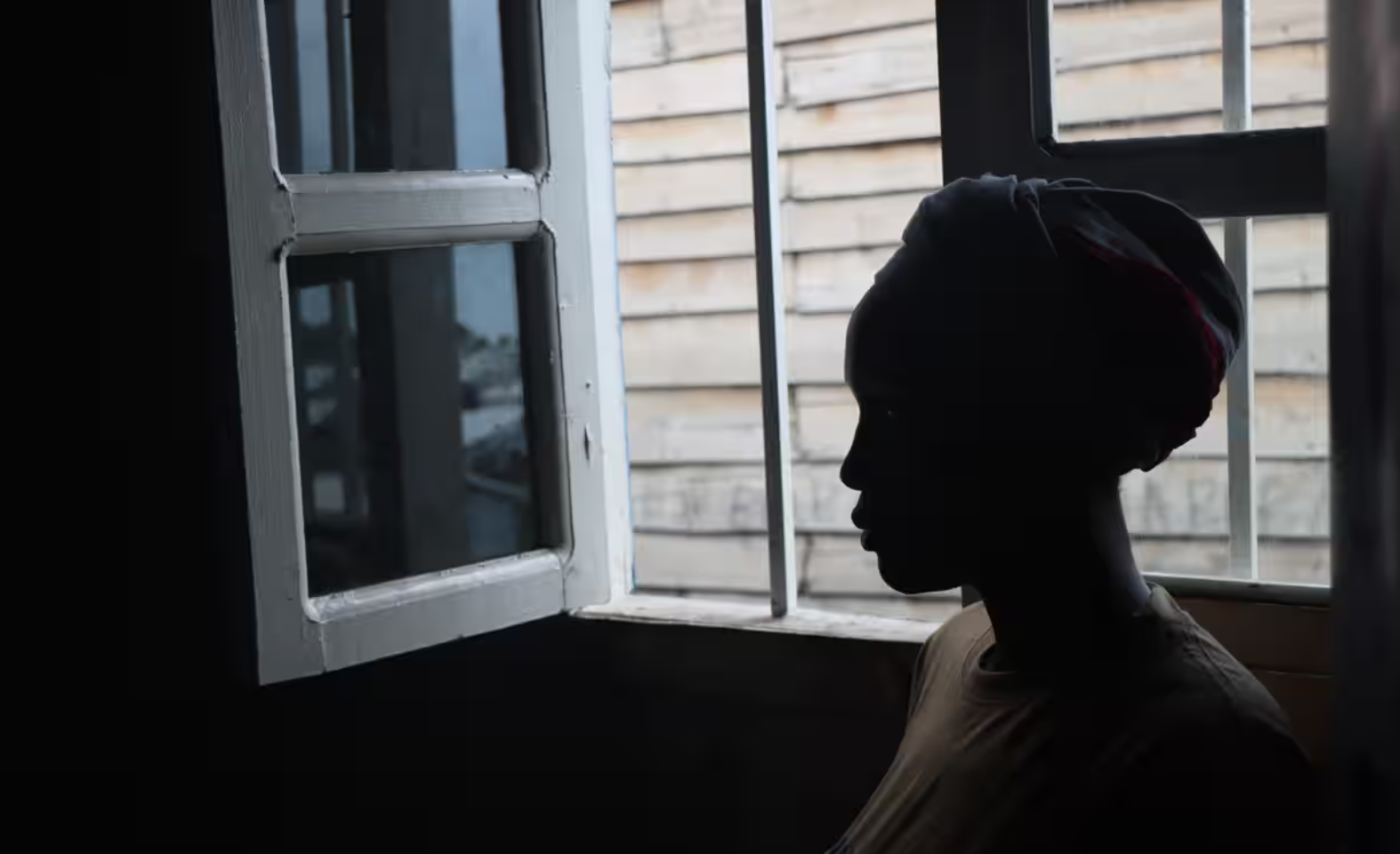February 24, 2023 – Despite the hope raised, the promises are far from being fulfilled.
Introduction
Ten years ago, on February 24, 2013, the signing of the “Addis Ababa Framework Agreement on Peace, Security and Cooperation in the Democratic Republic of Congo and the Region” by eleven States and four international and regional institutions, namely the United Nations (UN), the African Union (AU) the International Conference on the Great Lakes Region (ICGLR) and the Southern African Development Community (SADC), also known as the “co-leaders,” had raised hopes for a better tomorrow after decades of conflict, instability, exploitation and suffering.
Indeed, it was the first peace initiative to end the deadliest conflict since World War II and to address the root causes of the violence and recurring wars in the eastern Democratic Republic of Congo (DRC). The Congolese state, the countries of the region, and the international community seemed committed to achieving a lasting peace in the DRC and the Great Lakes region through a comprehensive approach.
The objective of neutralizing and demobilizing armed groups, both national and foreign, and the reaffirmation of basic principles of international law were added to various commitments by the DRC, neighboring states, and the international community.
The commitments made by States and the international community under the Framework Agreement
The Congolese government committed itself to in-depth reform of the security sector, to consolidate state authority in the eastern provinces of the country and to promote the reform of the country’s institutions. The countries of the region agreed to respect the sovereignty and integrity of the country and not to interfere in its internal affairs, not to tolerate or provide assistance to armed groups, to strengthen regional cooperation, not to harbor or provide protection to persons involved in war crimes, crimes against humanity, genocide or crimes of aggression, and to facilitate the administration of justice through judicial cooperation in the region.
For the international community, the UN Security Council pledged to remain seized of the importance of supporting the long-term stability of the DRC and the Great Lakes region. This commitment was backed by a strengthened mandate for the United Nations Stabilization Mission in the DRC (MONUSCO), with an intervention brigade authorized to stop armed violence by any means necessary and the appointment of a Special Envoy to encourage the signatories to fulfill their obligations under the Framework Agreement and to coordinate a comprehensive political process to find lasting solutions to address the root causes of the conflict.
In addition, the World Bank Group and international partners, including the European Union (EU), Belgium, the United States of America, France, and the United Kingdom, also renewed their commitments to remain engaged in consolidating this strategy for peace and development.
In addition, the Framework Agreement provided for a regional follow-up mechanism, the main internal control body, to take stock once a year at the level of Heads of State and Government of the progress made in implementing the commitments made by the signatory countries and the “co-sponsors” (11+4 mechanism) on the basis of detailed criteria and a precise timetable for progressing towards the achievement of concrete actions and specific objectives. The DRC had also established a national mechanism to oversee the implementation of commitments made at the national level.
Finally, civil society, particularly women’s and youth organizations, was involved in assessing progress to ensure effective implementation of the follow-up mechanisms of this “Agreement of Hope”, which could not remain a “mere piece of paper”, as U.S. President Barak Obama put it, nor could it remain the concern of diplomats and institutions.
Failure to implement commitments and its consequences
1. At the level of the international community
What conclusions can we draw 10 years after the signing of the Framework Agreement under the auspices of the UN and under the impetus of a strong international political will?
While the country is threatened by attempts at fragmentation, is going through a crisis of political legitimacy, is facing a resurgence of armed group activism and yet another war of aggression and occupation with a dramatic impact on the humanitarian and human rights situation, the Congolese tragedy – where the number of deaths, women raped and displaced persons are counted in the millions – no longer seems to be at the top of the agenda of the community of states.
MONUSCO, whose mandate was renewed in December 2022, is considering a withdrawal in 2024 while insecurity is growing, the rule of law has not been restored and democracy has not been consolidated. We regret that, despite its mandate from the Security Council acting on the basis of Chapter VII of the United Nations Charter, the MONUSCO force and the Intervention Brigade have not carried out sufficiently effective operations, alone or in cooperation with the Congolese security forces, more effective operations and exploited all the measures necessary to curb the climate of generalized insecurity that still prevails in the East of the DRC, and that these forces have not eliminated the threat posed by Congolese and foreign armed groups, which is causing great frustration among the Congolese public.
Furthermore, despite the adoption by the Office of the Special Envoy of the Secretary-General of a “UN Strategy for Peacebuilding, Conflict Prevention and Resolution in the Great Lakes Region,” the efforts made have neither led to a comprehensive process leading to lasting peace nor mobilized real political will and good faith on the part of the parties for the effective implementation of the commitments made in Addis Ababa in 2013.
However, the United States of America and the EU, which at the time of the signing of the Framework Agreement appointed Special Envoys for the Great Lakes Region, have not renewed these important mandates, a sign of diplomatic disengagement from a martyred region that remains a threat to international peace and security and has the potential to play a leading role in the global economy and the energy transition.
It is against this backdrop that the Norwegian Refugee Council (NRC) has placed the DRC in first place in the 2021 international neglect ranking, based on 3 criteria: lack of international political will, lack of media interest, and lack of international aid. Moreover, according to NRC’s research, the DRC has consistently been on the list of the 10 most neglected crises for many years.
This is particularly bitter when one considers that the humanitarian situation is one of the most dramatic in the world with one third of the population going hungry, one quarter in need of humanitarian assistance and protection, and that the number of internally displaced people – nearly 6 million, the majority of whom are women and children – is the highest in Africa.
Despite the current situation on the ground, what has happened to the commitments made by countries under the Framework Agreement? It is clear that the promises made in the Framework Agreement are far from being fulfilled.
2. At the level of the Congolese state
The DRC has failed to take concrete action to initiate a thorough reform of the security sector, including cleaning up the police, army and intelligence services, institutions that remain infiltrated at all levels following previous peace agreements that integrated elements of armed rebel groups, both Congolese and foreign, into the institutions of the Republic under the principle of inclusiveness.
The lack of comprehensive reform of the Congolese security and defense forces has prevented the state from deploying its authority in large parts of the country and has left the nation in a weak position to ensure security and protect civilians, and unable to guarantee national sovereignty and territorial integrity.
The justice and prison sectors are also among the institutional reforms that have not been completed but are of primary importance for building the rule of law, thus contributing to the continuation of the culture of corruption and impunity and undermining citizens’ confidence in its institutions.
In addition, the establishment of a state of siege since May 2021 in the provinces of Ituri and North Kivu has not only failed to neutralize the capacity of armed groups to cause harm – notably the ADF, CODECO and FDLR – but has paradoxically contributed to an increase in insecurity and a doubling of the number of abuses committed against civilians. Moreover, this regime, which is supposed to be exceptional but has been renewed every 15 days for almost two years, is leading to a growing number of human rights violations and a narrowing of the space for democratic freedoms, mortgaging the participation of the citizens of two of the country’s most densely populated provinces in the general elections scheduled for December 2023. Thus, we advocate the end of the state of siege and the return to public management by the services of the civil administration.
Faced with the failure to secure the provinces in conflict, the Congolese authorities entered into bilateral security cooperation with Uganda and Burundi, which contributed to the deterioration of relations with Rwanda and a resumption of its policy of armed interventionism. Second, the DRC joined the East African Community (EAC), an organization composed largely of neighboring countries that are responsible for the plundering of natural resources, the commission of the most serious crimes and the destabilization of the DRC.
We warned national and international authorities in good time about the dangers of this firefighter’s strategy of seeking to stabilize the country with the help of destabilizing states. However, Kinshasa has pursued this policy of outsourcing its security to third countries that are much more motivated by geostrategic and economic interests than by the protection of civilians. Thus, the Congolese state has committed itself to a new sub-regional security cooperation by accepting the intervention of a regional EAC force to put an end to the activism of armed groups, which will therefore be in the same theater of operations as the UN force and its intervention brigade, which support the national security and defense forces under the authority of the Security Council.
This new force, which is still being deployed, underfunded and poorly coordinated with MONUSCO, is leading to a worrying over-militarization in eastern Congo and is akin to a new occupation force, as evidenced by the fact that the Armed Forces of the DRC (FARDC) are being denied entry into the territories occupied by the March 23 Movement (M23) and placed under the control of the regional force, in defiance of Congolese sovereignty.
The balance of power, unfavorable to the DRC due to the weakness of its military response, has led to diplomatic initiatives at the regional level, resulting in the Nairobi process, under the auspices of the EAC, and the Luanda process, under the auspices of the AU, where the Congolese authorities are forced to negotiate with aggressor states and engage in dialogue with national and foreign armed groups.
In this context of heightened insecurity, over-militarization of the region, and ongoing negotiations, armed groups are not inclined to surrender their weapons because they are aware that the scale and level of cruelty of the crimes they commit with impunity against civilians opens up opportunities at the negotiating table. In addition, elements of the armed groups have shown a lack of confidence in joining the new government DDR program following the appointment of a former rebel with close ties to the M23 as program coordinator, jeopardizing the implementation of these important non-military measures.
3. At the level of the countries of the region
Non-compliance by countries in the region has been the norm rather than the exception, and bad faith has characterized the follow-up to the implementation of the Framework Agreement, particularly by the regime in Kigali. Neighbouring countries have continued with impunity to violate basic principles of international law by violating the sovereignty and territorial integrity of the DRC and by intervening directly and/or supporting armed groups to plunder and exploit the mineral resources in the east of the country, much of which reaches the world market via Kampala, Kigali and Bujumbura, in complicity with a greedy and corrupt Congolese elite. This economic war imposed on the Congolese is thus prolonged and aggravates an already dramatic humanitarian situation.
This catastrophic picture has been further exacerbated since the end of 2021 by the resurgence of the M23, which was defeated in 2013 but is again supported directly and indirectly by the Rwandan Defense Forces (RDF), notably by providing arms, ammunition and uniforms, as attested by numerous investigations, including by the UN Group of Experts. The RDF not only continues to intervene directly in the DRC, but also provides direct support to an armed group that has occupied large parts of the strategic mineral-rich province of North Kivu for almost 9 months, obstructing access to humanitarian aid and waging war not only on the FARDC but also on UN peacekeepers! This collusion between the RDF and the M23, which is under UN and EU sanctions, illustrates the Rwandan authorities’ contempt for the spirit and letter of the Framework Agreement, despite the commitments they made ten years ago.
This war of aggression and occupation has already had dramatic humanitarian consequences, with women and children paying the heaviest price and constituting the overwhelming majority of displaced and persecuted people fleeing fear and terror. Among other daily abuses in eastern Congo, the UN, Human Rights Watch and Amnesty International documented mass atrocities committed in late November 2022 by M23 elements with Rwandan army support in Kishishe and Bambo, less than 100 km north of Goma, in Rutshuru Territory, North Kivu, in a campaign of murder, rape, abduction, looting and destruction. If brought to trial, these acts could be qualified as war crimes or even crimes against humanity.
The human toll of these massacres remains difficult to determine in the absence of serious national or international judicial investigations, but the number of unarmed people summarily executed by gunshot or stabbing can be counted in the dozens, and Amnesty International has documented through interviews with survivors and eyewitnesses 66 cases of rape, most of which were gang rapes and sometimes in the presence of the children of the raped women. In addition, there is consistent evidence that M23 commanders visited local health centers and looted available stocks of condoms before carrying out their campaign of terror, demonstrating that these mass and systematic rapes as a method of warfare are premeditated and planned by the military and political hierarchy of the occupying forces in order to terrorize the population into displacement or subjugation and to capture their resources.
Uganda and Burundi have also continued to intervene directly or through armed groups to seize Congolese resources and consolidate their national and geostrategic interests.
In addition to their repeated attacks on national integrity and sovereignty and their support for various armed groups, the countries of the region have not honored their commitments to fight impunity.
Countries in the region committed to facilitate the administration of justice through enhanced regional judicial cooperation and not to harbor or provide protection to those involved in the most serious international crimes in order to end impunity for the perpetrators and instigators of the armed violence that has plagued eastern Congo for more than a quarter century.
Despite the Nairobi Declaration on Justice and Governance and the existence of the Great Lakes Judicial Cooperation Network, it is clear that the political will of the states concerned is lacking to bring to justice the alleged perpetrators of international crimes committed in the DRC. Indeed, to date, no prosecution by neighboring third countries has been initiated against those involved in the commission of war crimes, crimes against humanity, or even acts of genocide committed in the martyred provinces of the eastern part of the Congo. For example, Laurent Nkunda, former warlord and commander of the National Congress for the Defense of the People, the armed group from which the M23 emerged, is in Rwanda and has never been held accountable to Rwandan justice, even though the Security Council has called on all parties in various resolutions to bring to justice those responsible for international crimes committed in the DRC.
Thus, the Congolese population has been plunged into suffering, fear and exile due to the continued looting and illegal exploitation of mineral resources, the persistence and even the renewed activism of armed groups and negative forces acting as proxies for neighboring countries the ever-increasing number of displaced persons and refugees and its alarming humanitarian impact, and the widespread impunity enjoyed by the perpetrators and sponsors of the most serious violations of human rights and international humanitarian law, including the use of sexual violence as a method of war.
Moreover, despite regional efforts to de-escalate the crisis through the Nairobi and Luanda processes, these diplomatic and political initiatives have failed to “silence the guns” and have not resulted in the expected de-escalation: while calls for a cessation of hostilities and withdrawal from the occupied territories are reiterated at every summit, no ultimatum or cease-fire agreement reached by regional heads of state has been followed through.
On the contrary, the M23 is extending its influence, continuing its exactions against the civilian population and continuing to advance to the gates of Goma, reviving the spectre of the crisis provoked by the same actors in 2012 when the capital of North Kivu Province and its surroundings were occupied by the M23, and thus highlighting a political impasse at the regional level and the limits of the subsidiarity principle.
Ways out of the crisis
How to get out of this impasse? How can the vicious cycle of violence and impunity be broken?
As Pope Francis said during his recent visit to the DRC: “We cannot get used to the blood that has been flowing in the DRC for decades now, killing millions of people without the knowledge of many. It is indeed more than time to get the Congolese tragedy out of indifference and neglect.
1. The need for international political mobilization, the adoption of sanctions and a policy of aid conditionality
It is in this context that we welcome the communiqués from the United States of America, Belgium, France, Germany, Spain and the EU, which, recalling the importance of the integrity and sovereignty of the DRC, condemned the crimes committed by the M23 and called for the cessation of Rwandan support in order to help resolve the crisis in North Kivu.
We also welcome the recent position of the Peace and Security Council on the occasion of the 36th Ordinary Assembly of Heads of State and Government of the AU and its pertinent call to urgently revitalize the Framework Agreement with the mobilization of “co-sponsoring” institutions.
We also take note of the “Renewed EU Strategy for the Great Lakes Region: Supporting the transformation of the root causes of instability into shared opportunities,” adopted by the European Council on February 20, which recalls the strategic importance of the region and its potential driving role for the entire African continent. This new strategy emphasizes the search for lasting peace, respect for the sovereignty and integrity of states, and the importance of transforming the trafficking of natural resources into a vehicle for responsible trade and sustainable development. We call on the EU to appoint a Special Envoy for the Great Lakes Region to maximize the potential of this new European strategic engagement in the region.
In addition, we also make a simple recommendation to politicians, diplomats, and institutional leaders who seek to contribute to peace in Eastern Congo. Your calls, demands, and exhortations are neither understood nor respected by the regime in Kigali. It is imperative that the United States of America, the EU, France, the United Kingdom and other partners adopt political and economic sanctions and suspend military assistance to Rwanda as long as it supports the M23 and attacks the DRC. This is the only language that will lead to concrete effects and end Rwandan interference in eastern Congo.
We also call on the World Bank, the African Development Bank and other multilateral and bilateral partners to be guided by a policy of conditionalities so that international assistance is henceforth linked to strict compliance with the commitments made under the Framework Agreement and to respect for human rights.
2. Withdrawal from the EAC and the regional force
Given the failure of the current negotiation processes and the political impasse, we support a review of regional diplomacy and advocate the withdrawal of the DRC from the EAC and its regional force, and call for mediation under the aegis of a neutral African President from a non-bordering country, to initiate a new dynamic towards a political solution. Furthermore, we call for increased participation of women and youth in the political and peacebuilding processes, in accordance with Security Council resolutions 1325 and 2250.
Furthermore, we call on the Kigali regime to engage in an inter-Rwandan dialogue with the FDLR, with a view to finding a lasting solution to this armed group that emerged from the ashes of the genocide in Rwanda. This militia has caused a lot of suffering in Eastern Congo for more than 25 years and continues to be used as a pretext by the Kigali regime to intervene militarily in Eastern Congo, whereas, following various joint operations between Congolese and Rwandan forces aimed at neutralizing them, the residual elements of the FDLR no longer pose a serious threat to Rwanda’s security as in the past.
3. Transparent and responsible trade in mineral resources
The most economically advanced countries are planning a transition to green energy and moving towards decarbonization of their economies. As a result, metals found in abundance in eastern Congo, such as lithium and cobalt, will become even more coveted as they prove essential to this green transition. The war in the DRC is mainly economic and resembles a major transnational crime in which Rwanda and Uganda have been the main actors for the past 25 years, in collusion with multinationals and certain Congolese politicians and soldiers. It is therefore urgent to review mining governance and put an end to the exploitation and illegal predation of the DRC’s strategic minerals, which is a root cause of violence and conflict.
Curbing the war economy that underlies the suffering of communities in eastern DRC and serious human rights abuses will require ending the links between Congolese and foreign armed groups and mining companies, smuggling and trafficking networks, and opaque cross-border supply chains. For example, a recent study by the NGO Global Witness shows that since 2013 “only 10% of the minerals exported by Rwanda had actually been mined on its territory, the remaining 90% having been illegally introduced from the DRC.” Then, the export of these “blood minerals” are exported to world markets via Hong Kong, Dubai, or even Bangkok.
Therefore, there can be no clean and sustainable energy transition without transparent and responsible trade in Eastern Congo’s mineral resources, ensuring that mineral extraction is not linked to child labor, sexual exploitation of women or the activity of armed groups. The goal is to ensure that this crucial green transition for the planet is fair, equitable, sustainable and conflict-free for the communities and countries from which the minerals needed to address the climate crisis are extracted. The imperative to ensure full traceability from the places of extraction to the finished product purchased by consumers in stores around the world is therefore pressing.
In addition, it is essential to invest massively in the transformation of raw materials in order to shorten the link between the mine and the place of transformation of the minerals. This will make it easier to control the chain and its participants, and the producing country will be able to generate real added value.
In addition, binding control and accountability mechanisms must also be put in place at the national, regional and international levels. Finally, the unfair contracts concluded in the mining sector between the Congolese authorities and certain state and non-state actors should be reviewed on the basis of a win-win partnership.
4. The imperative of justice
As the various attempts to find political and military solutions in recent decades have all failed to stabilize the country and protect civilians, the time has come to highlight the close interconnections between conflict prevention, transitional justice, and peacebuilding. The culture of impunity fuels the recurrence of conflict and the repetition of atrocities. We cannot continue to turn a blind eye to the mass crimes committed in the DRC for over a quarter of a century! Justice is the missing piece of the puzzle to ending the violence in the DRC. There will be no lasting peace without justice, without reparations, without truth, without institutional reforms aimed at preventing the recurrence of the most serious crimes. Forgiveness and reconciliation can only come after justice, reparations and truth.
This is the meaning of our advocacy efforts with the Congolese authorities and international, regional and bilateral partners for the adoption of a holistic national strategy for transitional justice in the DRC, which should take into account the international dimension of the conflicts and the interventionism of many third countries in the conflicts that have plunged the DRC into mourning for the past 30 years. Among the institutional reforms to be prioritized, we insist on the strategic importance of reforming the security sector: this is a sine qua non condition for the Congolese defense and security forces to be able to effectively exercise their regalian functions, to deploy the authority of the State throughout the territory and to defend the territorial integrity and national sovereignty. In addition, along with civil society and victims’ associations, we advocate for the establishment of an International Criminal Tribunal for the DRC and/or specialized mixed chambers to prosecute and judge the perpetrators and instigators of war crimes, crimes against humanity and acts of genocide committed in the DRC since the mid-1990s.
This imperative to bring justice for past and present crimes is not only a prerequisite for reconciliation and peaceful coexistence in the DRC and the Great Lakes region, but also a privileged means to consolidate the rule of law, a prerequisite for ensuring good governance, fighting endemic corruption, and creating an enabling environment for investment.
5. Consolidation of democracy
In December 2023, the Congolese nation is preparing for the fourth electoral cycle in its recent history, with new general elections to be held in the form of presidential, legislative, provincial and local polls, and democratic changeover will only be possible if credible, transparent, inclusive and peaceful elections are held. While it is crucial to move beyond the repeated crises of legitimacy that have led to cycles of violence and political and security instability, the pre-election context is tense. Indeed, the lack of independence of the Independent National Electoral Commission and the politicization of the Constitutional Court – institutions in charge of organizing elections and electoral appeals – the restriction of democratic space, freedom of expression and association, and a disorganized and late voter registration process increase the conflict risk of the upcoming elections.
It is in this context that we call on the DRC’s strategic partners to use all the levers at their disposal to ensure that the upcoming elections are held within the constitutional deadlines and respect the sovereign will of the people, with the presence of national and international observers, in particular to support the parallel counting of results and to demand their publication, polling station by polling station, in order to ensure that they reflect the truth of the ballot box.
Conclusion
The tenth anniversary of the “Accord of Hope” comes at a critical time when the Congolese nation is in peril. The DRC is being subjected for the umpteenth time to a war of aggression, directly and by proxy, threatening national sovereignty and territorial integrity and the meager gains of international investment over the past 25 years.
A tragic human cost will continue if the root causes of violence and instability are not addressed. The time has come to move the Congolese tragedy out of the indifference, inaction, and complicit silence of the international community, which has contributed to the rotting security, humanitarian, and political situation, with a disastrous impact on the respect and protection of human rights. The DRC and its partners must address the main structural causes that are the driving forces behind the persistent conflicts in the east of the country, namely the exploitation and illegal trade in natural resources and the culture of impunity.
The Congolese government must undertake immediate institutional reforms to ensure respect for the rule of law, foster a culture of human rights, and restore confidence in institutions, including those responsible for providing security and justice.
While the international community has rightly united over the past year to sanction the aggression and occupation of Ukraine by its Russian neighbor and to provide all necessary support and assistance, we call on public opinion and decision-makers, both national and international, to use all necessary means to stem this new escalation of violence in the eastern DRC without delay.
Stability in the heart of Africa is essential for international peace and security, but also for the global economy and the energy transition. It is urgent to put an end to the recidivist aggressions of the countries behind the destabilization of the DRC by using a regime of sanctions and aid conditionality. The partner countries and institutions of the DRC, particularly the co-sponsors of the Framework Agreement, can no longer tolerate these flagrant violations of international law without reacting.
If we want to maintain the rule of law respected at the international level, it is imperative to put an end to selective indignation, variable-geometry humanism and double standards that lead to a lack of trust and credibility in international institutions and multilateralism. If we fail to apply the principles of equity and coherence, our collective security system is in real danger and the disillusioned African street will turn to Putin.
Suffering is universal and so is the thirst for dignity and justice. The blood of the Congolese has been shed too much. Like all peoples, the Congolese nation has the right to self-determination and to live in peace. Although the challenges are numerous, the path to peace is possible. It will require more security, more responsibility in world trade, more justice and more democracy. I am confident that together, with a renewed political will from the DRC and the international community, we will get there.
Denis Mukwege
Nobel Peace Prize 2018



